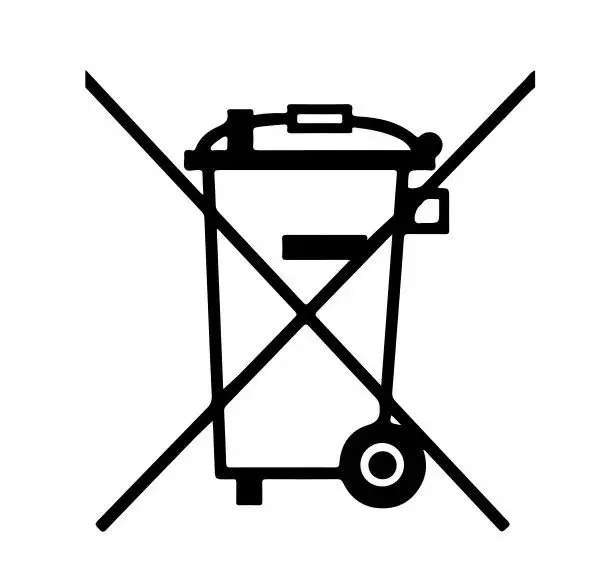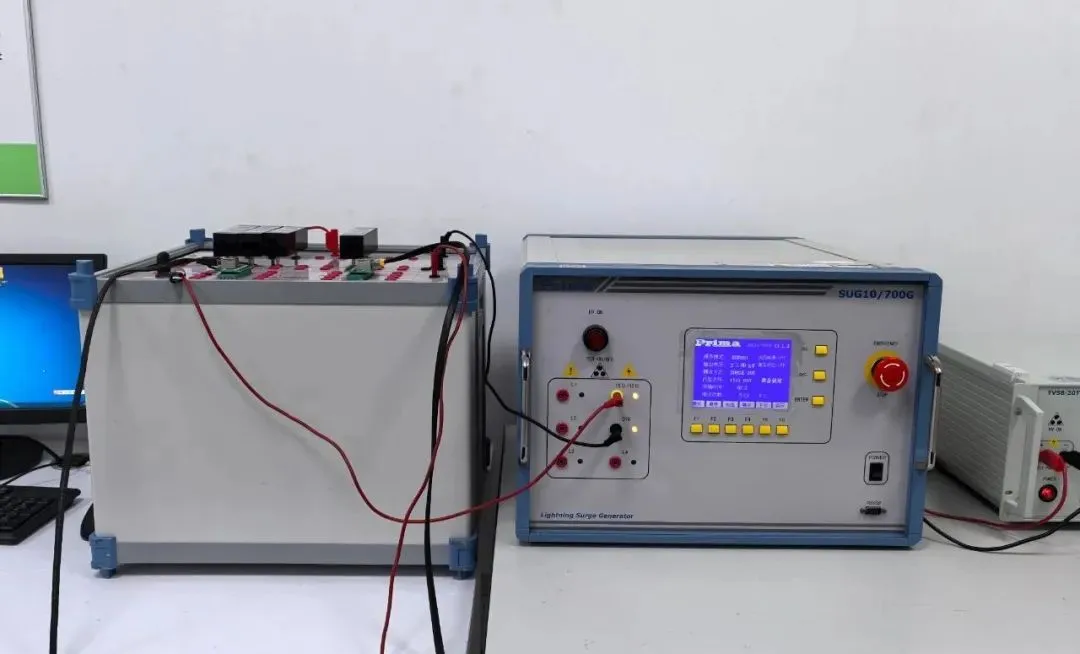
Low Cost WEEE Compliance Registration Service
WEEE Overview
WEEE (Waste Electrical and Electronic Equipment) refers to the directive on the recycling of waste electrical and electronic equipment. Starting from August 13, 2005, producers of electrical and electronic equipment (EEE) in the EU market are legally requiRED to bear the costs of recycling discarded products. Member states are obligated to establish their recycling plans and facilities, ensuring that end-users can conveniently and freely dispose of waste equipment.

- WEEE in Germany
Any seller distributing or having previously sold EEE in Germany must register for WEEE. Packaging, user manuals, and labels of the products must display the WEEE recycling symbol.
- WEEE in France
France has implemented the weee directive into its national legislation as DEEE (Déchet d'équipement électrique et électronique). It specifies the recycling requirements for EEE sold in France.
WEEE is a mandatory regULation, and sellers must complete weee registration before placing products on the EU market. Compliance begins at the stage of product preparation for sale.
Frequently Asked Questions
What is WEEE Registration?
WEEE registration requires manufacturers of electronic products to take responsibility for the entire lifecycle of their products, including recycling after disposal. Electronic products sold in the EU, including on platforms like Amazon, AliExpress, and eBay, must be registered.
Which products require WEEE registration?
WEEE is categorized into six main groups:
1. Heat exchangers
Refrigerators, air conditioners, heat pumps, etc.
2. Display devices for private households
Monitors, TVs, tablets, etc.
3. Lamps/Glow-discharge lamps
Bulbs, fluorescent lamps, discharge lamps, etc.
4. Large electronic devices
Electronics with external dimensions exceeding 50 cm.
5. Small electrical and electronic devices
LED flashlights, Bluetooth thermometers, vacuum cleaners, etc.
6. Small IT and telecommunication devices
Cables, phones, routers, etc.
What is the most commonly registered WEEE category?
The Small Electrical and Electronic Devices category accounts for over 80% of registrations, including:
- LED strips, makeup mirrors, cameras, drones, etc.
What happens if WEEE is not registered?
1. E-commerce platforms may remove unregistered products.
2. Competitors may report violations, leading to potential product destruction and legal fees.
3. If detected by German authorities (Stiftung EAR or the Environmental Protection Association), penalties include:
- Fines up to €100,000;
- Confiscation of all profits in Germany;
- A ban on product sales.
WEEE Registration Notes
1. Fees are calculated on an annual basis, so prepare for renewal early.
2. Germany's weee compliance is frequently audited, but malicious store closures are rare.
3. Avoid frequent changes to recycling partners, as modifications are costly and time-consuming.
4. Do not confuse weee certification with registration; certification is separate and often misunderstood.
Documents Required for WEEE Registration in Germany
1. English and Chinese business license copies;
2. Legal representative's ID (front and back);
3. Product details (category, brand, dimensions) and images with logos;
4. Amazon store information and product links;
5. Contact email and phone number;
6. German VAT number (optional but recommended).
Documents Required for WEEE Registration in France
1. Business license, legal representative, and store information;
2. French WEEE application form (provided by China JJR platform);
3. Registration delegation agreement (provided by China JJR platform).
Email:hello@jjrlab.com
Write your message here and send it to us
 What is the EN 61326-2-3 Standard?
What is the EN 61326-2-3 Standard?
 Why Do Smart Sockets Need IEC 60884 Certification?
Why Do Smart Sockets Need IEC 60884 Certification?
 Why Retest the Device if the 5G Module Already Has
Why Retest the Device if the 5G Module Already Has
 Overview of IEC 62087 Test Standard
Overview of IEC 62087 Test Standard
 CISPR 25 Test Standard Compliance Guide
CISPR 25 Test Standard Compliance Guide
 IEC/UL/CSA 62368-1 Electrical Distance Testing
IEC/UL/CSA 62368-1 Electrical Distance Testing
 Canada Wireless Device IC Certification RSS-210 Te
Canada Wireless Device IC Certification RSS-210 Te
 FCC Part 15.231 for Wireless Remote Controls and S
FCC Part 15.231 for Wireless Remote Controls and S
Leave us a message
24-hour online customer service at any time to respond, so that you worry!




